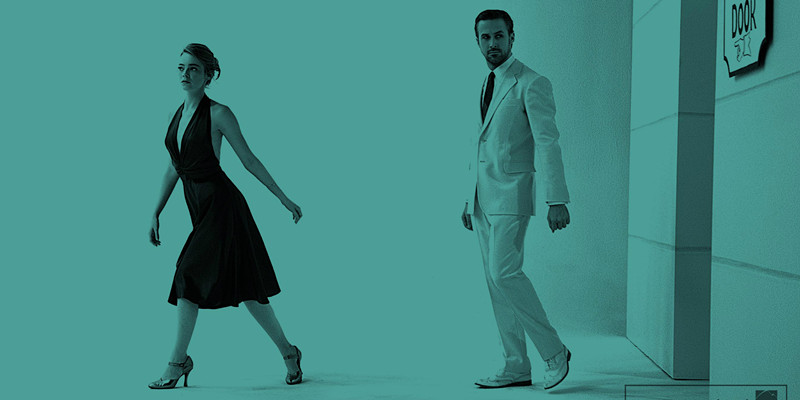
Music is a wonderful form of art that has only been enriched with cinema, allowing the creation of on-screen musicals that are a lot more widely available than theatre performances, as well as the production of documentaries and biopics or simply fictitious stories about singers and musicians.
One of the most fascinating and emotional music genres is jazz, with many legendary names of performers and composers written down in history for their impeccable talent and mastery of the complex and affective chords and transitions that were and still are so popular.
Many of such personas, both real and not, have been taken on by script-writers and directors, creating an atmosphere with roots stemming down all the way to a century back, to when the African American communities in New Orleans that would spend their past time playing and making up the music that expressed their pain and joy; it soon popularised across the whole world and became known as “one of America’s original art forms”.
Although the list of great jazz movies could go on forever, here are 10 of some of the most notable movies in cinematic history about jazz and the souls of its followers.
10. The Jazz Singer (Alan Crosland, 1927)
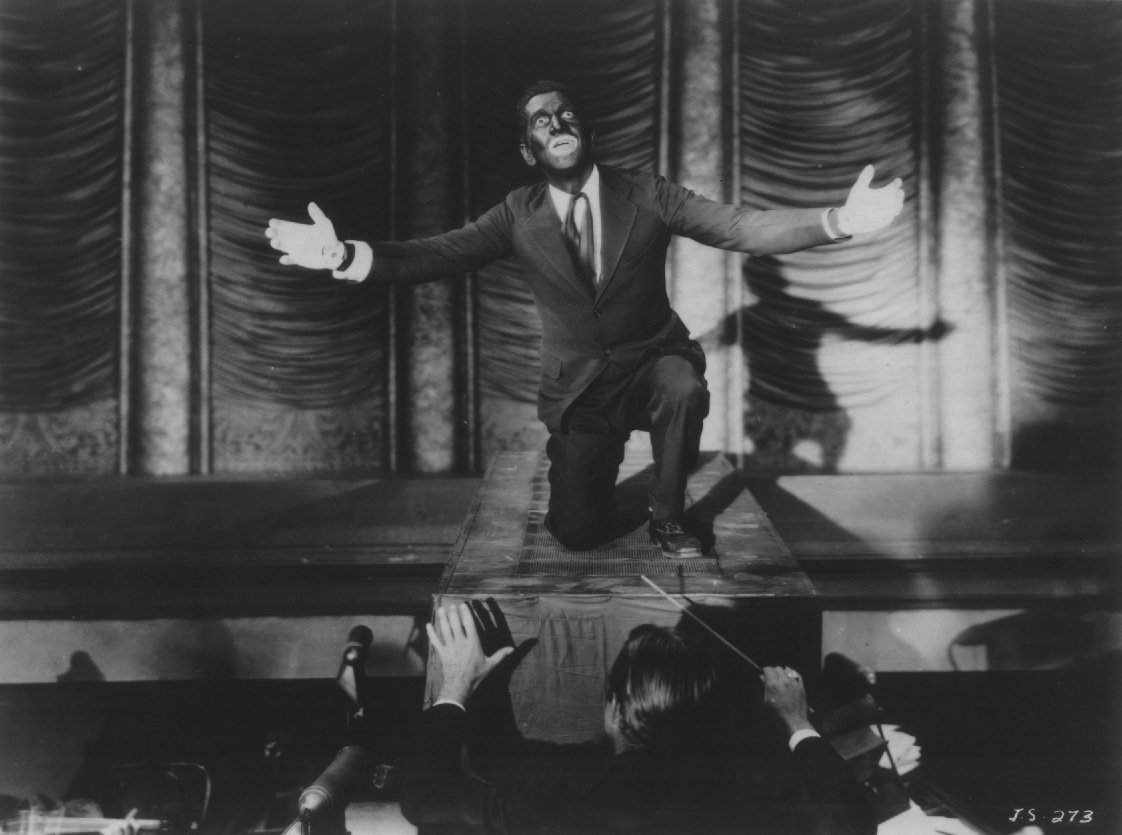
The Jazz Singer is significant not only for the jazz but for being the first feature length ‘talkie’, in which the film reels and phonograph sound were manually synced on the spot by the projectionist.
Like a lot of real and fictitious jazz personas, the protagonist Jakie Rabinowitz (Al Jolson) goes against his family wants, as they are conservative Jews, as he strives to become an acknowledged jazz singer. Being a disappointment to his father (Warner Oland), but still very close to his mother (Eugenie Besserer), Jakie is forced to run away from home which only helps him accomplish his ambitions as we meet him several years later by the name of Jack Robin, as the talent he had become.
Unfortunately the conflict doesn’t end there as building his career becomes a struggle, being pulled back by the demands of his family and religious heritage. On the night of his big breakthrough musical show, Jack is forced to decide between going on with the show or going back to his family home to sing at the Yom Kippur celebration next to his dying father. Jack makes the right decision for himself, managing to find the balance of two of his biggest loves in life: jazz and family.
9. Round Midnight (Bertrand Tavernier, 1986)
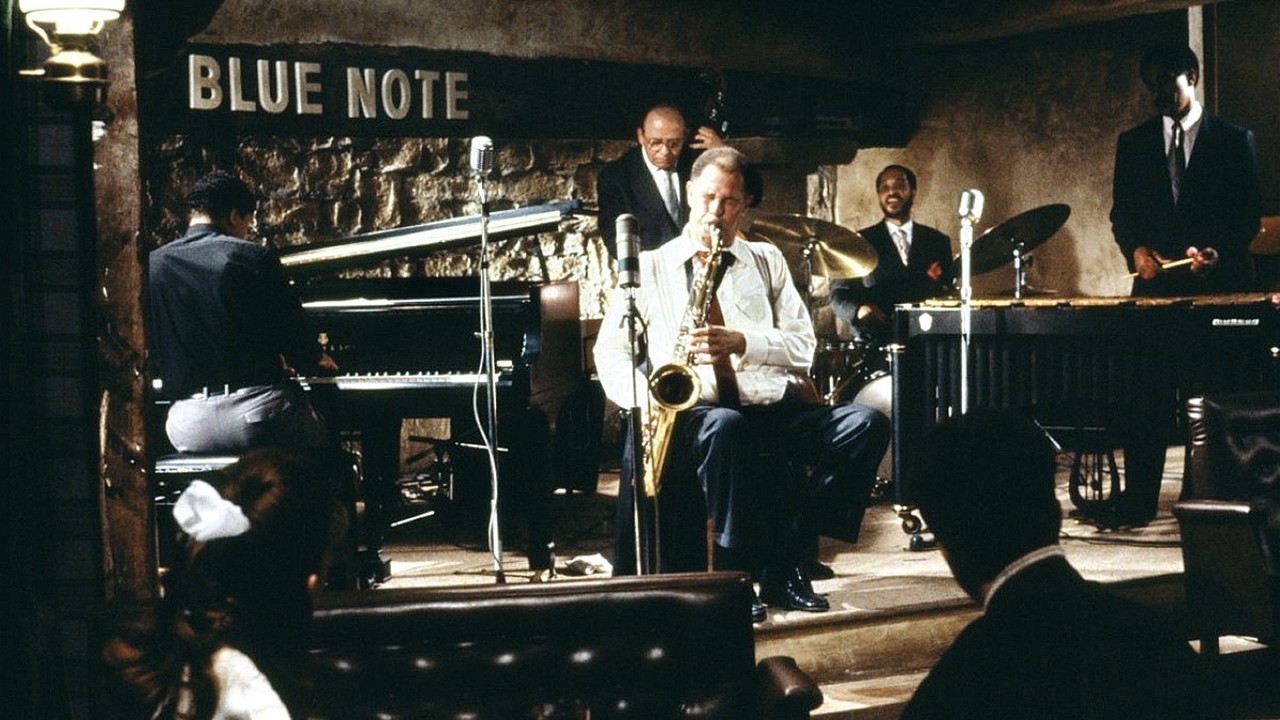
Round Midnight captures the purpose of jazz – that is to express through the passionate chords things that words can not, as it indeed features more music than script.
The movie portrays an old saxophone player, Dale Turner (Dexter Gordon), who’s candle is slowly burning out, as he spirals down the destructive path of alcoholism and drugs seemingly to fill up an unspecified hole. He spends his nights playing in a jazz band in Paris, flowing in and out of soberness, each wave taking him closer and closer to his end.
Hope appears for Dale in the form of a young Frenchman (Francois Cluzet) who becomes infatuated with his music which he listens to from outside the club due to lack of money for a better seat. After witnessing Dale’s poor condition and loneliness, he takes it as an honour to help the old man, as he invites him over and their relationship comes to the movie’s centre, sidetracked by Dale’s painful past, his love life and self-destructive decisions.
The unusual thing about Round Midnight is the fact that Tavernier takes the words ‘live music’ literally by having the musicians, including Gordon, be recorded live as the movie is filmed, which in turn not only gives a sincere view of the image and sound combination, but also lets us witness the realistic reactions and awe of the people in the club as they hear the famous notes of the likes of Bird and Gershwin, making jazz become a movie characters itself.
8. Syncopation (William Dieterle, 1942)
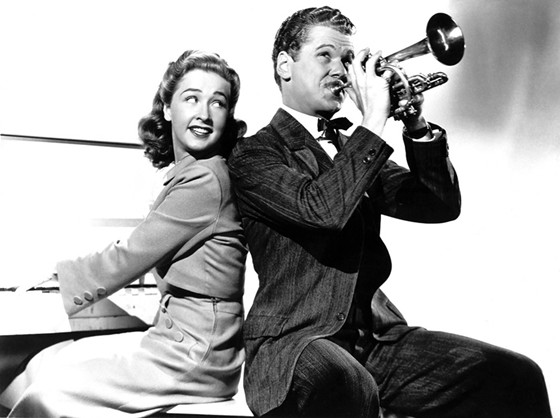
Music, like any art form is always in a constant developing cycle. In Syncopation Dieterle explores the development of syncopated music like jazz and blues into a new form of dance music – swing. Set in the early 20th century, leading up to the first World War, the movie gives spotlight to the heritage of jazz music and its reformation through time.
The movie focuses on Kit Latimer (Bonita Granville) who is surrounded by jazz from a young age, being from New Orleans. After having to move to Chicago due to her father’s business, we meet her again 10 years later as a young passionate girl. On the streets of Chicago she meets and falls in love with jazz trumpeter Johnny Schumacher (Jackie Cooper) with whom they attend a party at which they slay the crowd with their modern experimental and daring performance, which ends up with Kit being arrested.
As the couple try to balance out their lives, love and musical passion, we witness the growing and expansion of the genre throughout the quarter century, leading to the swing movement that was so popular at the time the movie was made.
7. Some Like it Hot (Billy Wilder, 1959)
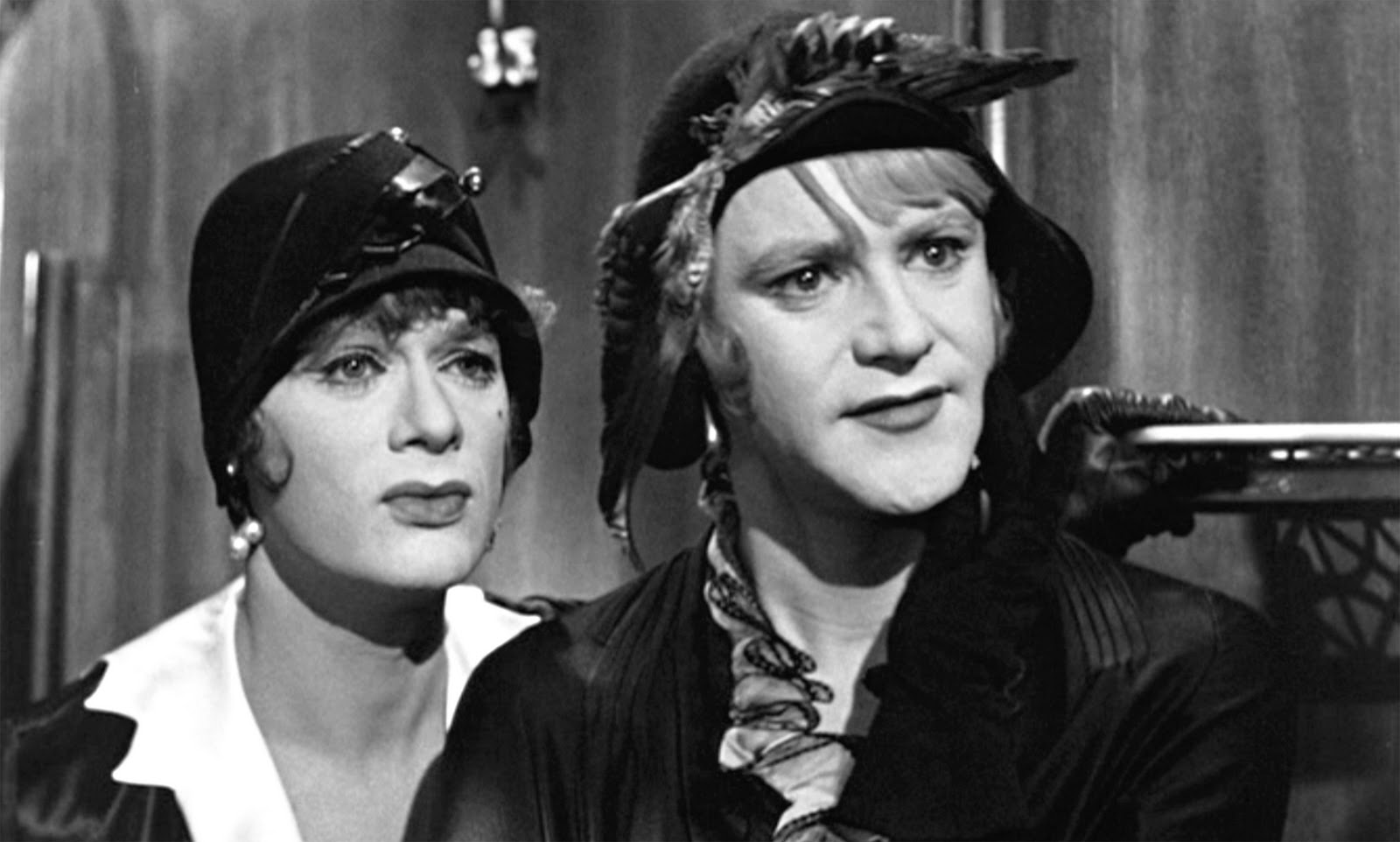
A classic until today, Some Like it Hot, is the famous musical comedy starring Marilyn Monroe with her legendary solo of “I Wanna be Loved by You”.
The plot is based around two musicians, Joe (Tony Curtis) and Jerry (Jack Lemmon) who dress up as ladies and join a female orchestra on tour led by Marilyn herself as the charming Sugar Kane Kowalzcyk. The reason for this absurdity is that they are two of the witnesses of the St. Valentine’s Day Massacre, and so by putting on this act they hope to escape the deadly gangsters who are out to get them.
Amongst the beautiful musical acts, taking full advantage of the jazz genre, Joe finds himself falling for Monroe who’s only ambition is to marry a rich guy and so voilà, Joe continues his dressing up act, this time appearing in the role of the billionaire of Monroe’s dreams hoping to win her heart with his non-existent money. At the same time, Jerry creates an absurd situation of his own as he becomes engaged to an actual millionaire (Joe. E. Brown) while showing off his female attire.
Despite being famous for Monroe’s notorious backstage behaviour, the chemistry and performances of the final deal were definitely worth all of the tantrums as jazz really comes through with the picture’s title – hot.
6. All that Jazz (Bob Fosse, 1979)
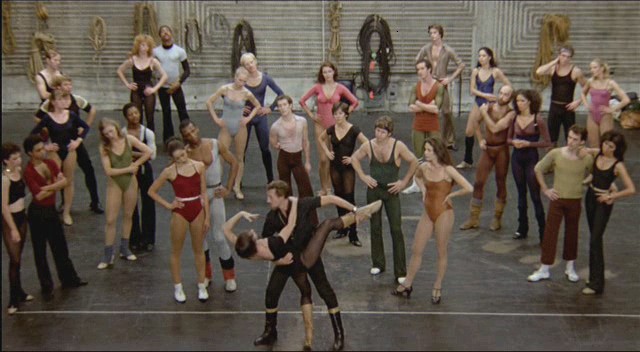
Loosely based on his own life as a director, dancer and choreographer, in All That Jazz Fosse shows the story of Joe Gideon (Roy Scheider) who is finding it difficult to balance putting together his Hollywood film and simultaneously trying to direct a Broadway Musical.
Crumbling under the weight of exhaustion, Joe spends his spare time seducing Angelique (Jessica Lange), his angel of death who is there as a reminder that he constantly ignores. Joe refuses to believe that he is ill, as he tries to work on his projects from his hospital bed as his condition keeps worsening.
As the show is postponed and newspapers start coming in with the most horrendous reviews of his movie, this brings Joe closer and closer to his death as he begins to dream or hallucinate musical numbers embodied with jazz and dancing from episodes in his life as he himself finally takes centre stage as it all comes to an end.